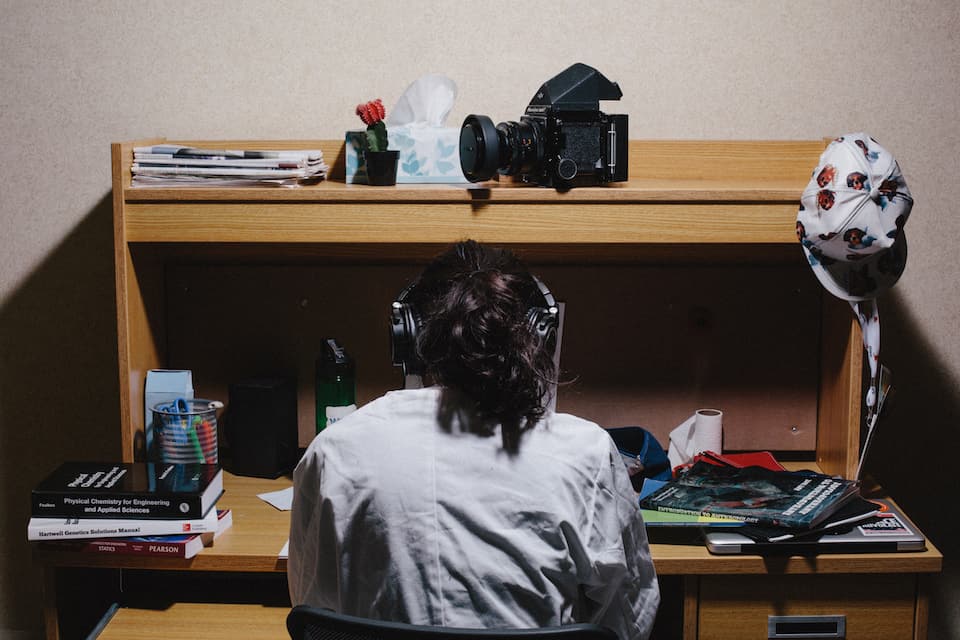[dropcap]S[/dropcap]ome of the most famous historical intellectuals are praised not only for their creativity but the diversity of their talents. Leonardo da Vinci was not only one of the most important painters of his time, but also an author, inventor, and mathematician. In his spare time, when he wasn’t developing the modern principles of physics, Isaac Newton was also a famed philosopher, astronomer, and mathematician.
In contrast, the academic environment at modern North American universities veers away from ‘Renaissance scholarship’ towards models of educational specialization.
Considering the current employment market, there may be practical limitations on applying the broad educational approaches of the Renaissance. However, extremely specialized education comes with its own disadvantages. By creating strict boundaries between areas of interest, students are divided into educational camps. Such divisions limit empathy and discussion between disciplines.
It is against this backdrop that one division between the arts (social sciences, humanities, and fine arts) and the sciences (mathematics and physical sciences, life sciences, and engineering) is particularly prominent. When students are confronted with a perspective that stems from outside their own educational backgrounds, confusion ensues.
For example, as a criminology and ethics, society, and law student, I benefit from an education in the social sciences. My classes involve discussion of current events, debates on controversial issues, and dialogues on equity.
Yet, when a professor brings statistical data into the conversation, the level of anxiety in the room spikes. Anything involving numbers can induce horrifying flashbacks; among us, it has become acceptable to be terrible at math.
Furthermore, I know students in the sciences and engineering who recoil in the face of sociopolitical issues. From the perspective of students who do not regularly discuss them, ethical debates are put aside in favour of the more concrete answers. This occurs, despite the significant implications of these debates: the Syrian refugee crisis and the marginalization of Aboriginal communities, for instance, are not issues that mathematical logic or scientific observation can solve, but this certainly does not mean students should not discuss them.
Instead of sticking to what they already know, students should strive to understand other fields, and learn from different disciplines. Only in this way can we become well-rounded.
[pullquote]Instead of sticking to what they already know, students should strive to understand other fields, and learn from different disciplines.[/pullquote]
The skills taught by other disciplines also have practical applications that cross academic boundaries. Statistical literacy and the scientific method are necessary for students undergoing research in the social sciences. Simultaneously, ethical protocols guide all trajectories in scientific research, ensuring that the rights of people and animals are protected.
Clearly, elements of specialization are necessary for universities to prepare their students for careers in particular fields. In recognition of the importance of general education, efforts have been made within academic circles to strive towards well-roundedness, arguably reflecting the Renaissance ideal.
The university offers interdisciplinary programs of study at the undergraduate and graduate level. It is also a graduation requirement that students fulfill breadth requirements by taking courses from different fields. The efficacy of the latter method in promoting general education is debatable — particularly since many students do not exactly go to great lengths to excel in breadth courses — yet, it at least opens doors for students who would not otherwise consider enrolling in classes outside of their programs of study.
Given persistent specialization within faculties and departments, the university should also continue to encourage collaborative scholarship across different disciplines. For example, the Hatchery at the Faculty of Applied Science and Engineering uses technology to solve social problems, while the Citizen Lab at the Munk School of Global Affairs focuses on the intersection of information technology, human rights, and security.
Finally, it is important to keep in mind that the significance of education traverses beyond the narrow frameworks within which we are currently pursuing our studies. As students, we should therefore make efforts to step out of our academic comfort zones. Perhaps this generation’s Da Vinci has yet to pick up a paintbrush.
Teodora Pasca is a second-year student at Innis College studying criminology and ethics, society & law. She is The Varsity’s Associate Comment Editor. Her column appears every three weeks.


